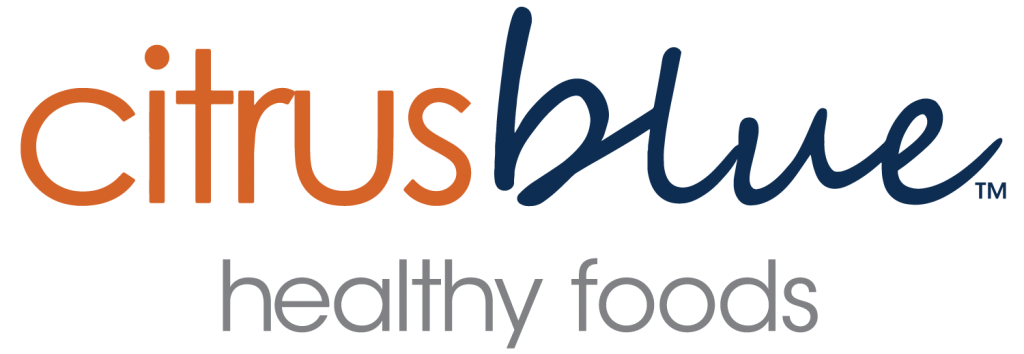News
The Benefits of Eating Whole Foods
Munching on whole foods is like putting your health first in line - it's a direct boost to feeling great. These are foods that are consumed in their natural state without heavy processing. They pack a powerful punch with all their natural goodness - think vitamins, minerals, and fibers that our bodies gobble up to stay in top shape. Imagine transforming your health by embracing whole foods in what you eat daily - let’s explore this remarkable journey together. The Health Benefits of Eating Whole Foods First and foremost, whole foods are a treasure trove of essential nutrients for our...
Unlocking the Joy and Simplicity of Eating Well: The Citrus Blue Way
Within our hectic lives, finding the time and the resources to create healthy yet delicious meals may feel like an impossible puzzle. Cue The Citrus Blue: your culinary partner that transforms how we think about meal prep by adding joy, convenience, and health benefits into its approach - so much more than eating; The Citrus Blue allows us to savor life bite by bite while relieving any unnecessary pressure in meal planning or preparation! Imagine coming home after an exhausting day to the delicious aroma of gourmet meals ready and waiting just for you - that is the reality with...
